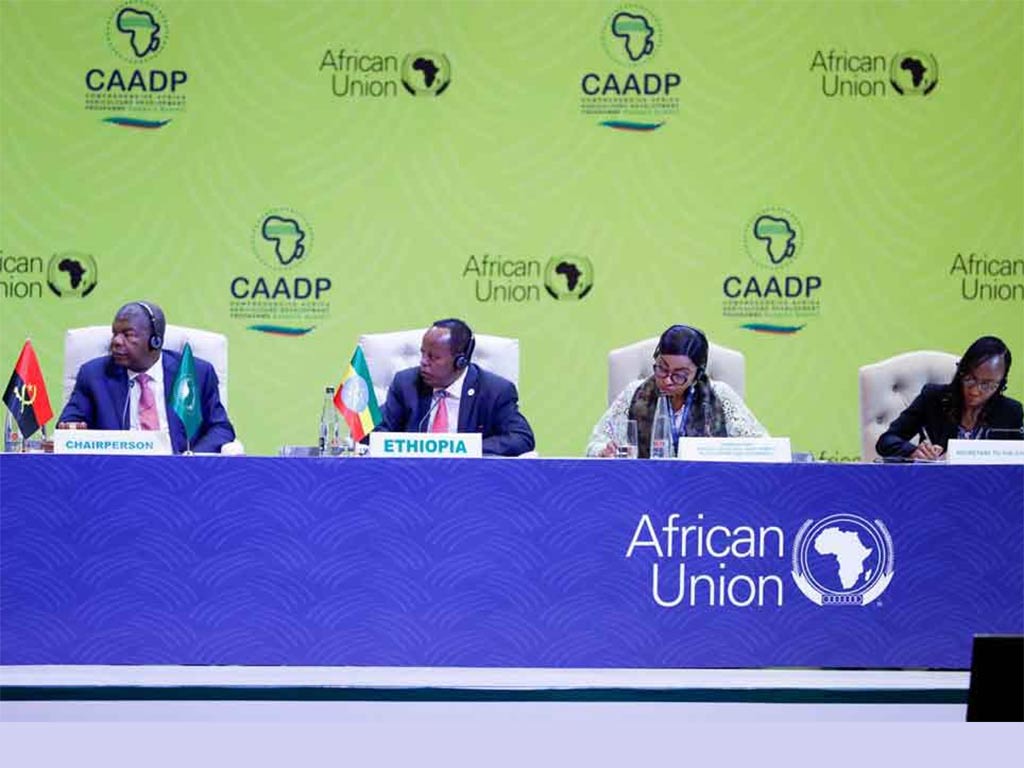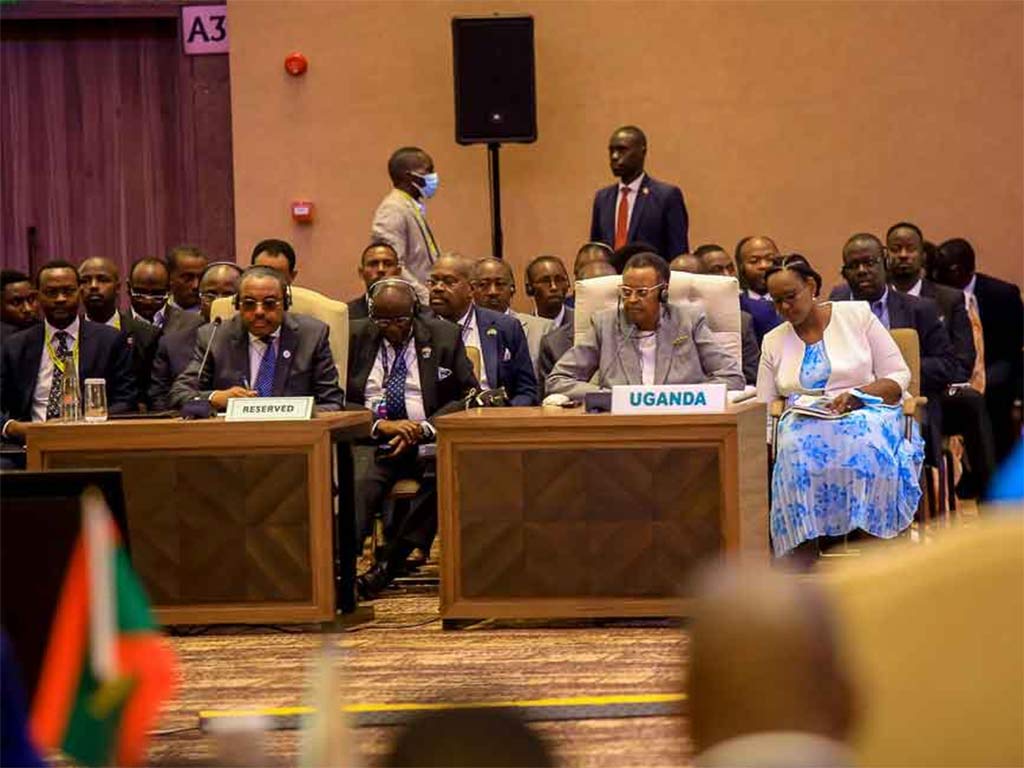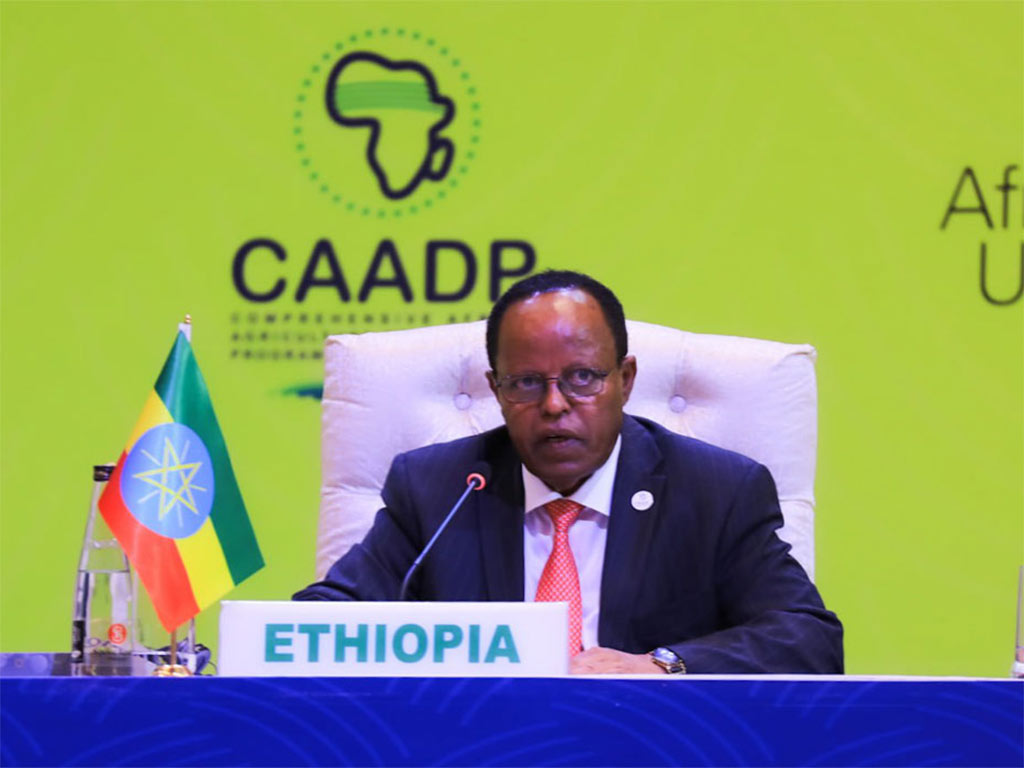Speaking on the last day of the Extraordinary Summit of the African Union on the Comprehensive Program for the Development of Agriculture in Africa (CAADP) in Uganda on Saturday, Selassie considered that this forum marks a decisive moment for the continent, because it is destined to chart the course of the agri-food system.
He added that the Kampala CAADP Declaration, which follows a similar document from Malabo (2014), is a renewed commitment to driving progress better and deliver tangible results for the people of the continent.

The Ethiopian head of State underlined that Africa’s agri-food system is undergoing transformative change driven by a complex interplay of economic, demographic, technological, environmental and climatic factors and that understanding these dynamics over the next decade will be crucial for the stakeholders.
He mentioned rapid urbanization, the enormous potential of technological innovation, the empowerment of women and young people to unleash that potential and the promotion of regional policies such as the African Continental Free Trade Area (AfCFTA) as essential to transform the agri-food system.
Regarding the Summit, the Ethiopian president commented that through extensive consultations and workshops with Member States and development partners, we have ensured that all key players have contributed significantly.

He stressed that the draft CAADP Strategy and Action Plan (2025-2035) presented to the meeting for approval were meticulously prepared under the guidance of the African Union’s Specialized Technical Committees, whose support has been invaluable.
The contribution of experts and researchers provided essential evidence that ensures that the strategies are impactful and achievable, he stressed.
These efforts underline the importance of leveraging technical expertise to build a robust framework for the transformation of Africa’s agri-food system.
The Summit took place from 9 to 11 January with the presence of heads of State and Government from African Union member countries, ministers of Foreign Affairs and Agriculture, experts, regional economic communities, non-state stockholders, media, and development partners, among other guests.
jg/arc/nmr










